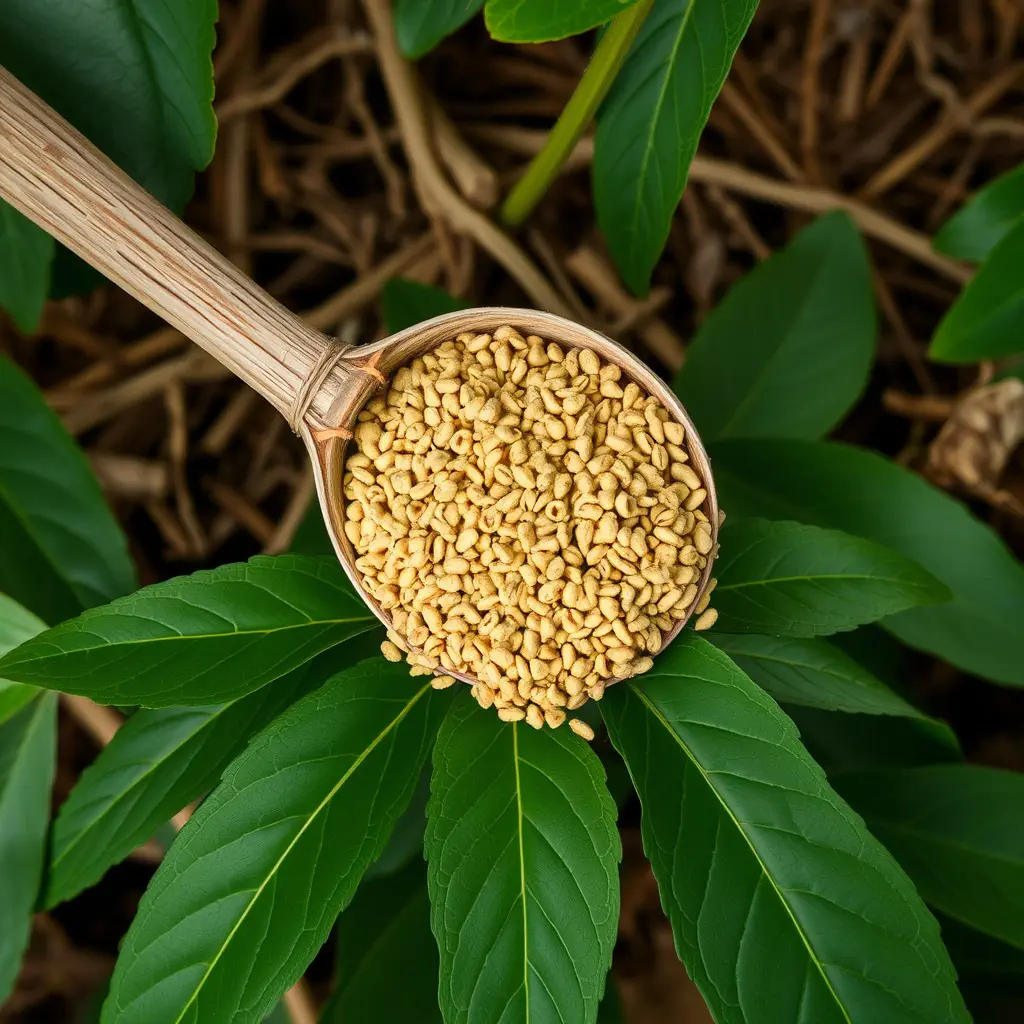Kratom has emerged as a subject of interest within the realms of recovery and rehabilitation for individuals facing challenges with opioid addiction. This natural substance, derived from the Mitragyna speciosa tree, is being studied for its potential to alleviate withdrawal symptoms and reduce cravings, offering a possible alternative to traditional detoxification methods. While scientific research continues to explore its efficacy, anecdotal evidence and user experiences suggest that kratom may play a role in the recovery process, providing relief and support during the critical stages of healing. It is important for individuals considering kratom as part of their recovery journey to consult with healthcare professionals and stay informed about the latest research findings, as well as to adhere to medical guidance alongside any supplementary regimens involving kratom.
In conclusion, the multifaceted nature of pain management and relief necessitates a tailored approach that considers individual needs and circumstances. Recovery and rehabilitation with kratom have emerged as a topic of interest among those seeking natural alternatives for pain alleviation. While the effectiveness of kratom varies, it is clear that its potential role in pain management warrants further scientific investigation to fully understand its benefits and risks. As such, individuals should consult healthcare professionals when integrating kratom into their recovery strategies to ensure safe and effective use as part of a comprehensive treatment plan. The journey towards pain relief is unique for each person, and it is through informed dialogue and evidence-based practices that we can navigate this path most successfully.






